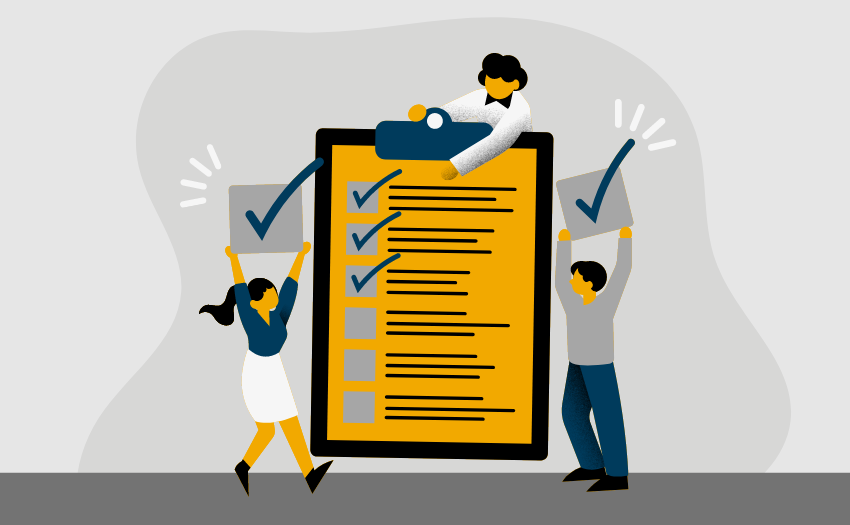At ICAgile, we’re collectively committed to continuous improvement, and this takes shape in many different ways, from practicing a growth mindset and learning new skills to collecting feedback from our colleagues and customers to improve our products and strategies.
Continuous improvement requires team members to be comfortable with the uncomfortable. Instead of accepting the status quo, we actively seek change and take on new challenges. Striving for growth keeps things interesting in the workplace and breaks up the monotony of a workday, leading to higher engagement and stimulation.
An example of this is our application of growth plans. In the monthly 1-on-1 meetings with our team leaders, we discuss the natural progression of our role and the next steps we need to take for a promotion, such as taking on new responsibilities or utilizing our continuing education fund to advance our skills.
We are embracing change as a significant motivator for our team’s productivity. By adapting and investing in ourselves, work environments, and customer outcomes, we stumble upon the unexpected and use it as fuel for innovation.
4. Host Meetings with Intention
If you talk to almost anyone in the corporate world and ask how they spend their workday, meetings will almost always be part of their answer. Depending on the nature of the work, sometimes being in meetings is a significant part of a job title, such as working in sales. However, even so, there are many ways to cut down on meeting time for a more productive and focused team experience.
At ICAgile, our meetings always have a set agenda or purpose. For example, each team member takes turns facilitating our sprint meetings, a role responsible for moving the team along the meeting agenda to ensure we don’t take more time than we need to–and sometimes, we finish our meetings earlier than expected.
The purpose of agile meetings, such as daily standups or iteration planning, is to maintain focus on achieving the overall goal of the time block. When teams accomplish the meeting objectives in the allotted time, they can check it off their list and return to their work to continue providing value to their customers.
Tips to host focused meetings include:
- Establishing a purpose and agenda for every meeting
- Sticking to the allotted meeting time
- Inviting only relevant participants
- Utilizing facilitation skills to keep the meeting on track
Pro tip: View the meeting end time as a deadline for fulfilling the meeting agenda or overall purpose of the session. If the objectives haven’t been accomplished, spend a few minutes at the end to identify clear next steps to maintain the meeting timebox.
5. Reward Productivity






